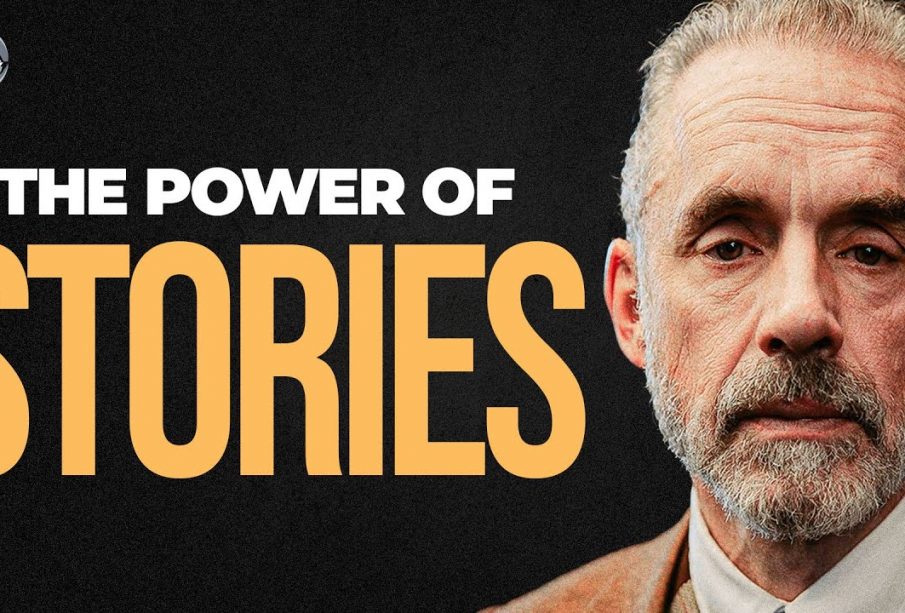Understanding Jordan Peterson: Influence and Controversy

Introduction
Jordan Peterson has rapidly become one of the most discussed figures in psychology and culture, captivating audiences with his views on psychology, politics, and personal responsibility. His rise to prominence coincided with his opposition to Canada’s Bill C-16 in 2016, which aimed to expand protections against discrimination based on gender identity and expression. This issue highlighted a passionate debate about free speech and political correctness, positioning Peterson as a polarizing figure.
The Rise of Jordan Peterson
Since the release of his bestselling book, “12 Rules for Life: An Antidote to Chaos,” in January 2018, Peterson’s influence has grown significantly. The book combines psychological principles with practical advice, emphasizing the importance of individual responsibility and meaning in life. It has sold millions of copies worldwide and led to a global speaking tour, attracting both supporters and critics. Peterson’s lecture series, which delve into topics like mythology, religion, and psychology, have attracted millions of views online, further cementing his position as a thought leader.
Controversies Surrounding His Views
Peterson’s outspoken opinions on topics such as gender identity, political correctness, and societal structures have sparked intense debates. Supporters see him as a champion for free speech and a voice against what they perceive as an encroaching political correctness, while critics argue that his views perpetuate harmful stereotypes and undermine advances in social justice. The debates surrounding Peterson highlight broader societal divisions regarding identity politics and freedom of expression.
Recent Developments
In recent years, Peterson has faced significant challenges, including health issues that led to a public hiatus from social media and public speaking. However, he has since returned with a new book titled “Beyond Order: 12 More Rules for Life,” released in March 2021, which expands on his previous work. His ongoing engagement with his audience through podcasts and interviews continues to keep him a relevant and sometimes polarizing figure in both psychology and broader cultural discourse.
Conclusion
Jordan Peterson remains a significant figure in contemporary discussions about psychology, culture, and politics. As debates over his views continue, his work prompts readers and audiences to reflect deeply on personal responsibility, freedom of speech, and societal norms. Looking ahead, Peterson’s influence is likely to persist as he navigates personal challenges while engaging with ongoing cultural conversations, making him a pivotal figure for understanding current societal dynamics.





